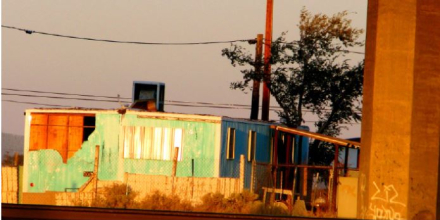Living without electricity in urban communities

Event details
Seminar
Date & time
Venue
Speaker
Contacts
Using qualitative methods such as non-random sampling and snowball technique, this study explores 8-mile settlement residents’ electricity access challenges, coping strategies, and implications of off-grid living, revealing limited access reasons often linked to service inadequacies rather than personal choices. It exposes infrastructure and land tenure complexities leading to financial struggles and safety concerns, disrupting daily life and business operations, prompting alternative energy use and increased expenses. Electricity shortages hinder business viability and education, with community efforts and government interventions addressing access gaps but posing safety risks. Land recognition issues exacerbate the problem, hindering utility expansion and individuals’ access to essential amenities.
The study underscores ongoing challenges, including blackouts’ impact on essential services, with a call for further research on related issues like water supply connections in informal urban communities. Overall, comprehensive solutions involving government, infrastructure improvements, and community involvement are needed to address these socio-economic challenges effectively.
The monthly ANU-UPNG seminar series is part of the partnership between the ANU Crawford School of Public Policy and the UPNG, supported by the PNG-Aus Partnership.
Updated: 8 September 2024/Responsible Officer: Crawford Engagement/Page Contact: CAP Web Team











